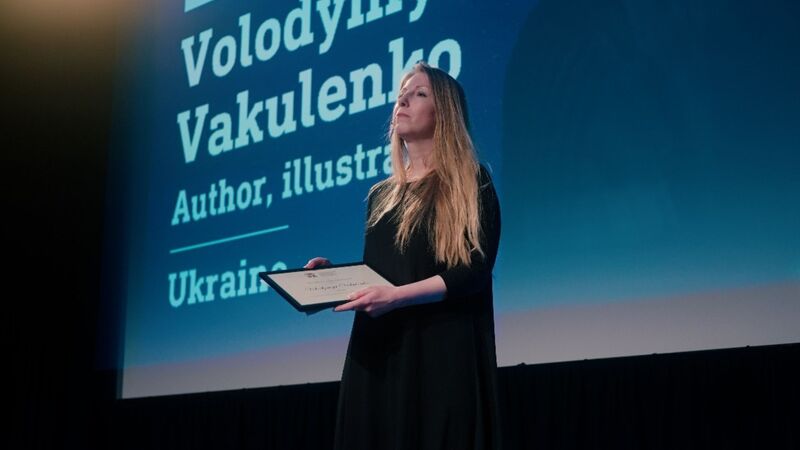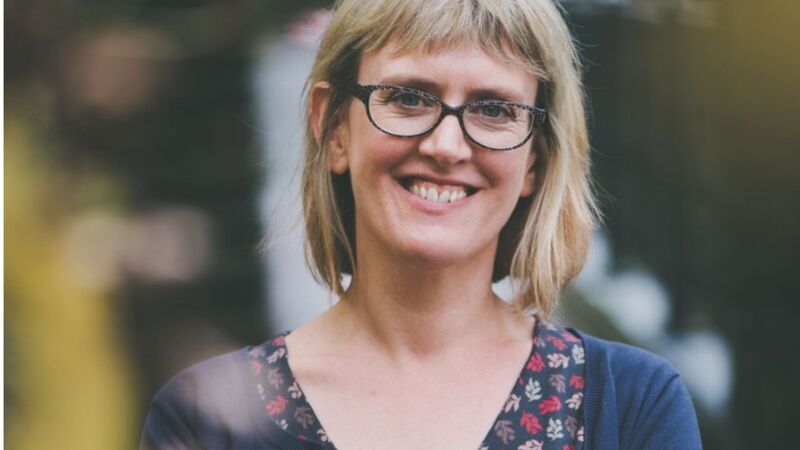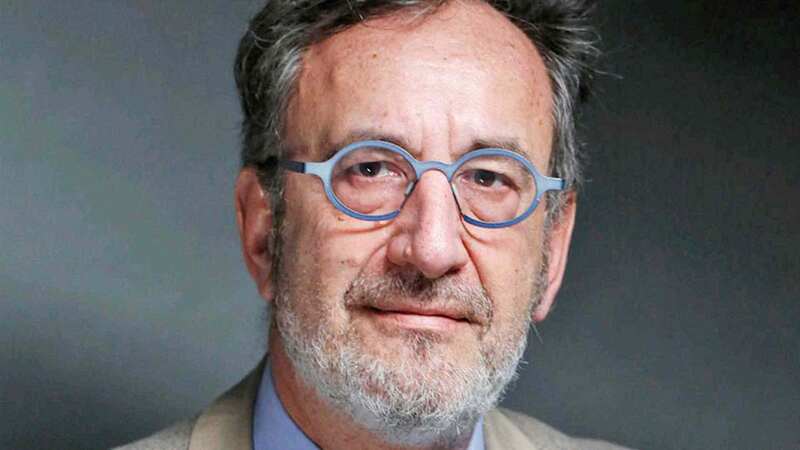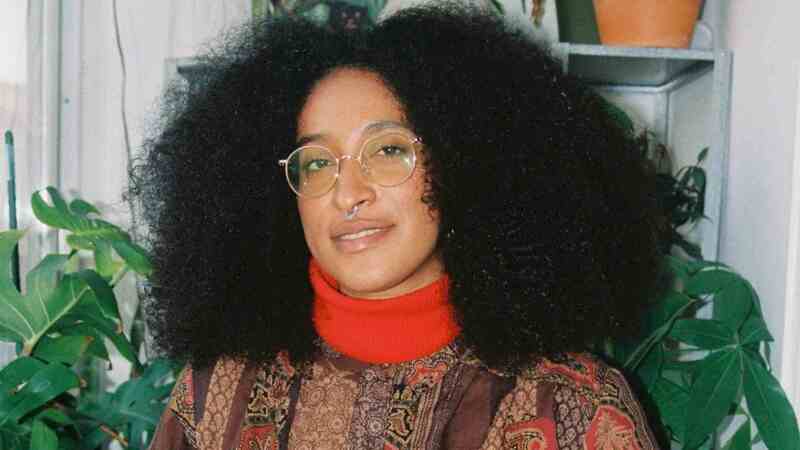You are viewing your 1 free article this month. Login to read more articles.
Gurnah wins the Nobel Prize in Literature
The Nobel Prize in Literature has been awarded to Abdulrazak Gurnah for his "uncompromising and compassionate penetration of the effects of colonialism and the fate of the refugee in the gulf between cultures and continents".
Gurnah was announced as the winner by the Swedish Academy on 7th October. Permanent secretary Mats Malm said he had told Gurnah on the telephone, having caught him in the kitchen.
The author said winning the prize was "overwhelming" but he was "so proud" adding: "I am honoured to be awarded this prize and to join the writers who have preceded me on this list."
Gurnah was born in 1948 and grew up on the island of Zanzibar but arrived in England as a refugee at the end of the 1960s. Until his recent retirement he was Professor of English and Postcolonial Literatures at the University of Kent, Canterbury.
He has published 10 novels and a number of short stories. In the UK he is published by Bloomsbury and his most recent work, Afterlives, was shortlisted for this year’s Orwell Prize.
Alexandra Pringle, associate publisher at Bloomsbury and Gurnah’s long time editor, said: "I have been publishing the novels of Abdulrazak Gurnah since my earliest days at Bloomsbury. It has been one of the great sadnesses and frustrations of my career that his work has not received the recognition it deserves. For years and years he has told beautiful and powerful stories of the winds of politics, trade, love and war that blow people across continents. After 20 years of publishing him, of keeping the faith, I had almost given up hope. This is one of the happiest days of my life."
Anton Mueller, executive editor at Bloomsbury USA, added: "Quiet, elegant, heartbreaking, Gurnah’s works chronicle the immigrant experience as few others ever have. We couldn’t be happier that his immense talent has been recognized by the Nobel committee. His work is more relevant today than ever."
His fourth novel Paradise (Bloomsbury), published in 1994, was his breakthrough as a writer, evolving from a research trip to East Africa in 1990. It is a coming of age account and a sad love story in which different worlds and belief systems collide.
Anders Olsson, chairman of the Nobel Committee, said Gurnah has been “widely recognised as one of the world’s most prominent postcolonial writers”.
He said: “In his 10 novels he has consistently and with great compassion penetrated the effects of colonialism in East Africa and its effects on the lives of uprooted and migrating individuals. Gurnah’s itinerant characters in England or on the African continent find themselves in the gulf between cultures and continents, between the life left behind and the life to come, confronting racism and prejudice but also compelling themselves to silence the truth or reinventing a biography to avoid conflict with reality.”
He added: “His work is very vivid and very precise as a picture of another Africa, not so well known for many readers, a coastal area in and around the Indian ocean marked by slavery and shifting forms of repression and different regimes and colonial powers, Portuguese, Indian, Arab, German and the British. Zanzibar was cosmopolitan long before globalisation.” He noted how Gurnah’s writing is patched with traces of Swahili, Arabic, Hindi and German.
Olsson added: “Gurnah’s gaze is disillusioned and often austere. He consistently fails our expectations for easy resolutions. At the same time he is a compassionate observer of the human predicament not least memorable in his portraits of young orphaned people under pressure or black women in a racist society.”
In a press conference announcing the winner, Olsson was asked how the political context of mass migration and the rise of the far right in Europe had affected the committee’s decision.
Olsson said he did not think it influenced them, noting Gurnah’s work on exile and migration has been around for many years. However, he added: “It is quite clear his writings are extremely interesting right now for many people in Europe and around the world.”
Due to the pandemic, the prize laureates cannot gather in Stockholm in December and instead the ceremony and lectures will be broadcasted. Winners will be invited to ceremonies in Stockholm when that is possible.
















